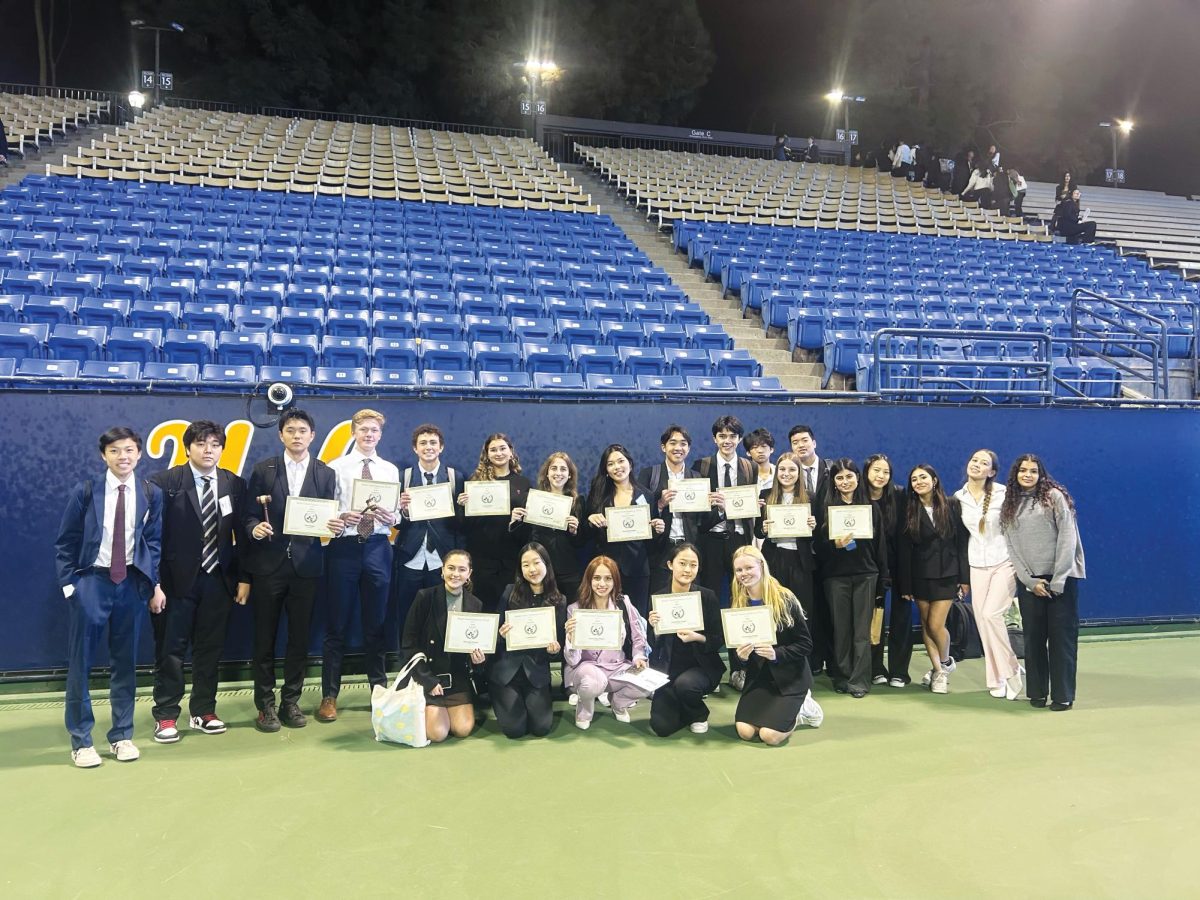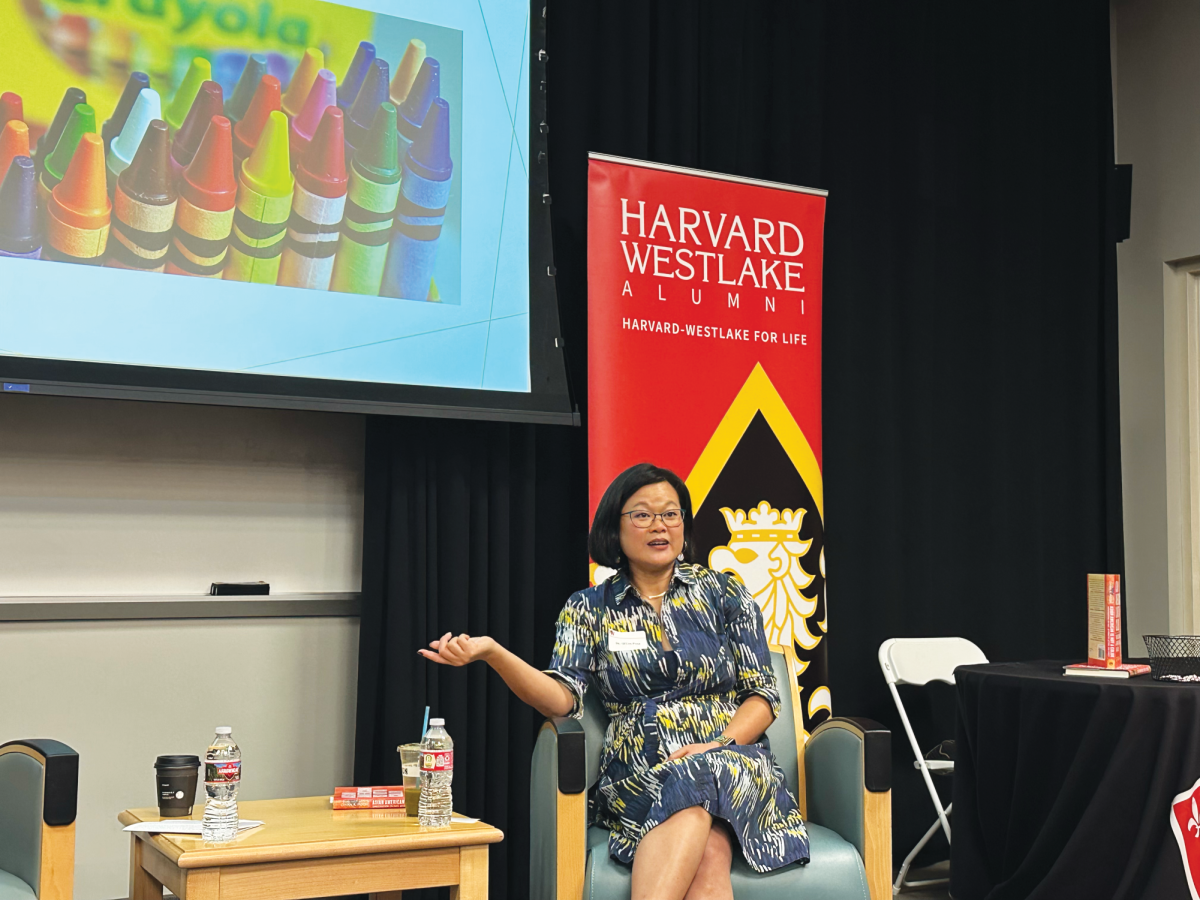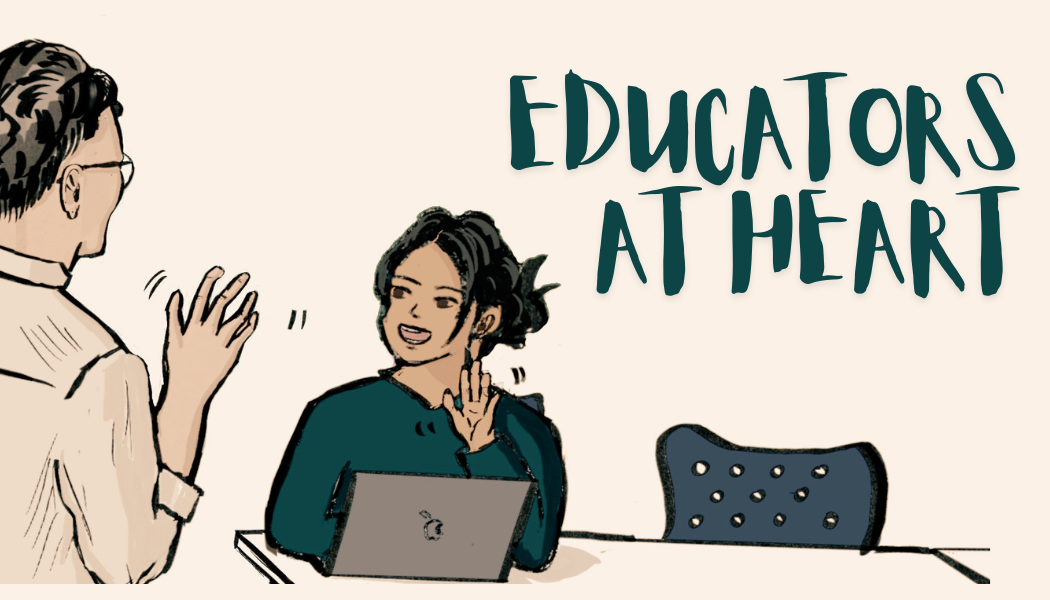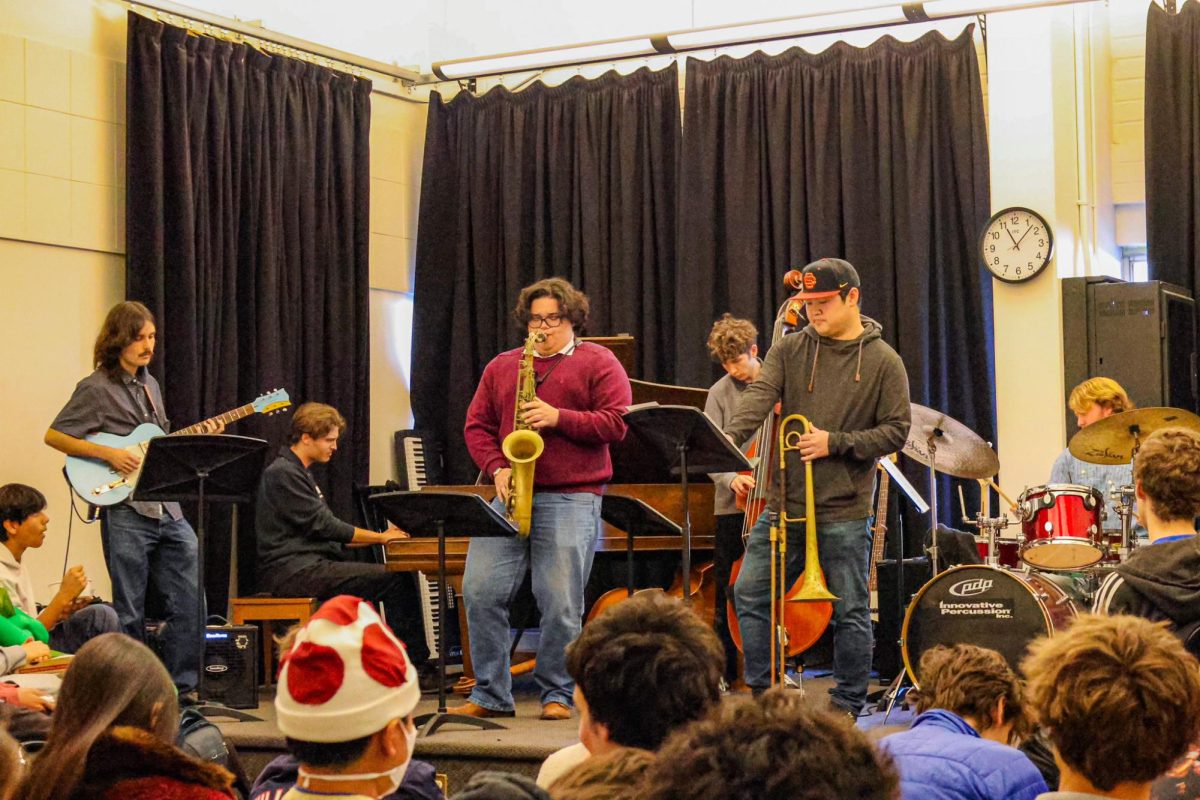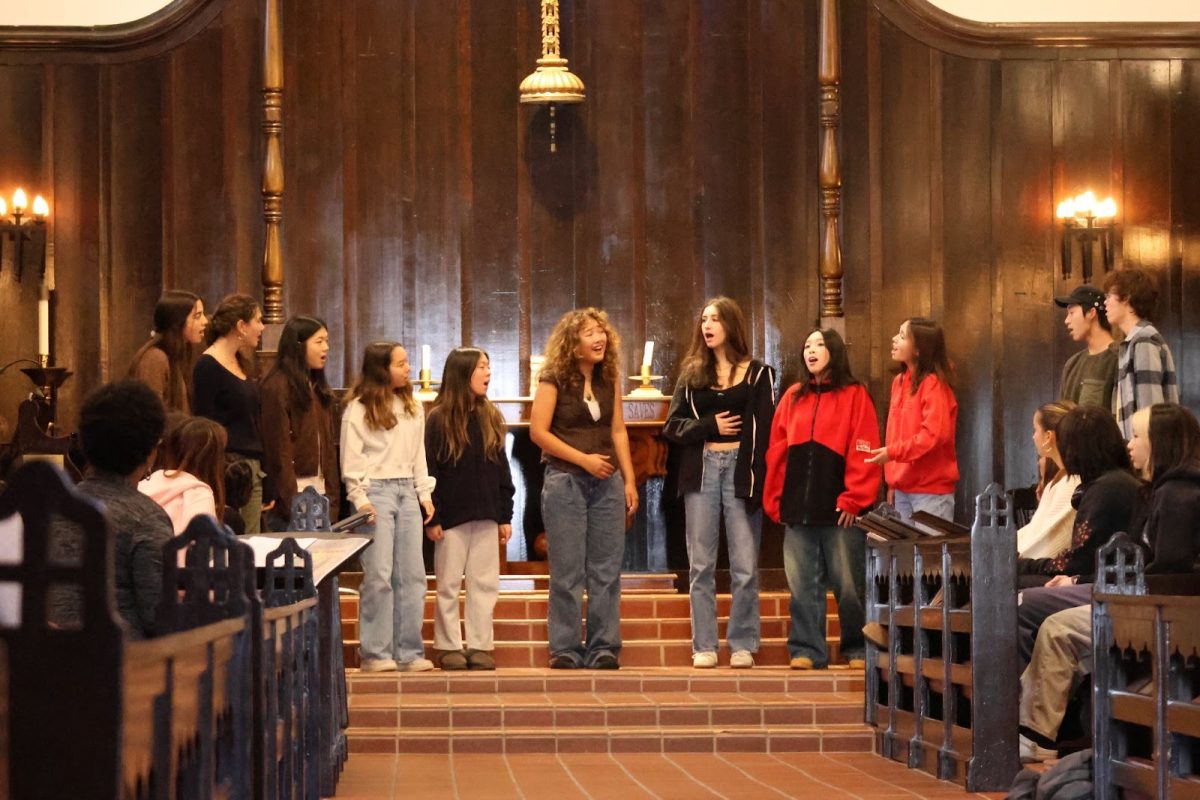A book-hungry upper school student digs her feet deeper and deeper into the ground as she progresses page by page through her copy of Leo Tolstoyâs masterpiece âAnna Karenina,â a novel recommended in the suggested summer reading list by Stephen Bellon, former English teacher at the Upper School.
Whatâs wrong with this picture?
Surely it isnât the vitality with which the student absorbs her book or Bellonâs encouragement towards such a profound read, for âAnna Kareninaâ is arguably one of the most influential and engrossing epics of any era.
So what is it then?
It is plain fact that very few students, if any, take any summer reading lists seriously if they arenât required to read the books suggested. I know I donât.
It could simply be my compulsive nature, but a required reading list would create a parameter or a roadmap for me to follow in my summer pursuit of literature.
Admittedly, I did try âAnna Kareninaâ this summer, but with several hundred pages of small print left to serve as my only motivation, I barely waded into the text. A required reading list would require me to read this novel to the end. Also, with this list, I can gain another motivation to read besides my ânatural hunger for knowledge.â For, if I were to ignorantly disregard the list, all of a sudden it would be to my detriment. Therefore, what could I do? Read.
Many do choose to read books, but only a few travel outside of their normal areas of interest into the rugged plains of Dickens, Fitzgerald and Tolstoy among others.
That is not to say that the normal books encountered by students over the summer donât provide some insight or knowledge from which they can benefit,or that these books are by any means vapid or moronic (though I havenât yet found the depth of âGossip Girlâ); however, if I am supposed to gain a foundation in literature, there is no way I can completely avoid an encounter with Tolstoy or other great novelists if I wish to expansively explore the English language. Some might say that Harvard-Westlake should keep these more involved reads for the school year rather than in the summer so that the books can be fully appreciated, but there are only so many books that can be assigned throughout the duration of the academic year.
And besides, by having to strenuously examine a piece of literature, as Iâve so often done at Harvard-Westlake, sometimes I overlook the fun of reading.
Forget about simply avoiding those highly acclaimed classics, many students never read outside of their academic life.
Some are burnt out by the intensity with which they analyzed literature the previous year, and others simply donât read because of their dislike of it. Those who donât seek to read or learn on their own will need to learn and experience the love of reading the most, setting up an unsatisfactory paradox.
But if we as a community enforce reading over the summer, maybe some of those apathetic students will find some connection to reading, some redeeming quality they couldnât have acquired without Fitzgeraldâs works or Brontëâs characters.
These students will also benefit from the continuation of their active, inquisitive mind. If I walked into junior year on the first day having not used any critical thinking for the past three months, I would implode from inundation. Three months of no reading is as much a handicap to the academic mind as a broken arm is to the pitcher of the baseball team. By providing new oceans in oneâs voyage through literature and enforcing reading, both eager and hesitant readers alike can benefit from a required summer reading list.
So the question is not only to read or not to read, for in giving benefit of the doubt to most Harvard-Westlake students, many do read. Instead, it is a question of what we can expect to gain from compulsory reading lists and how to achieve that result.
â Billy Goulston

